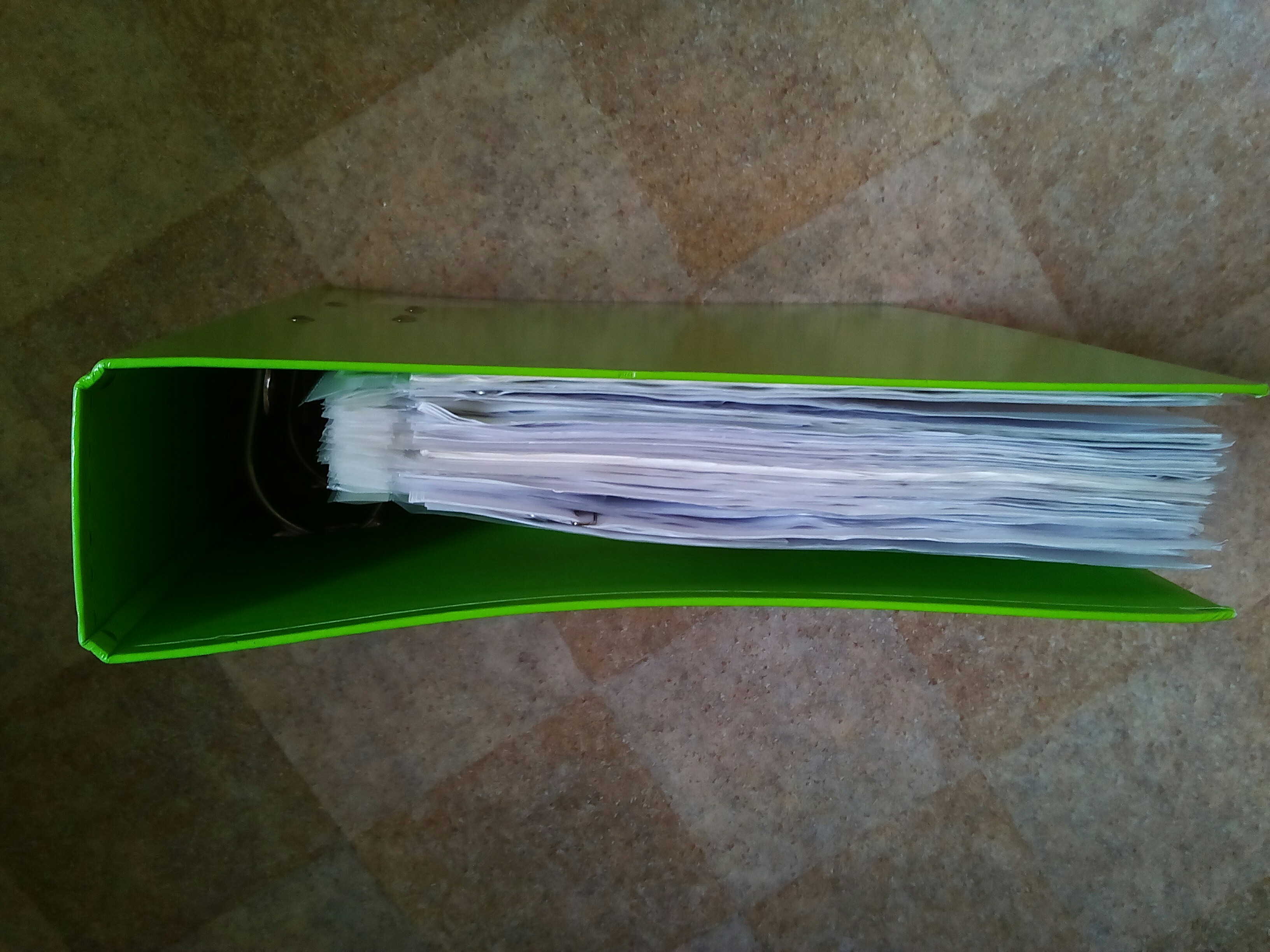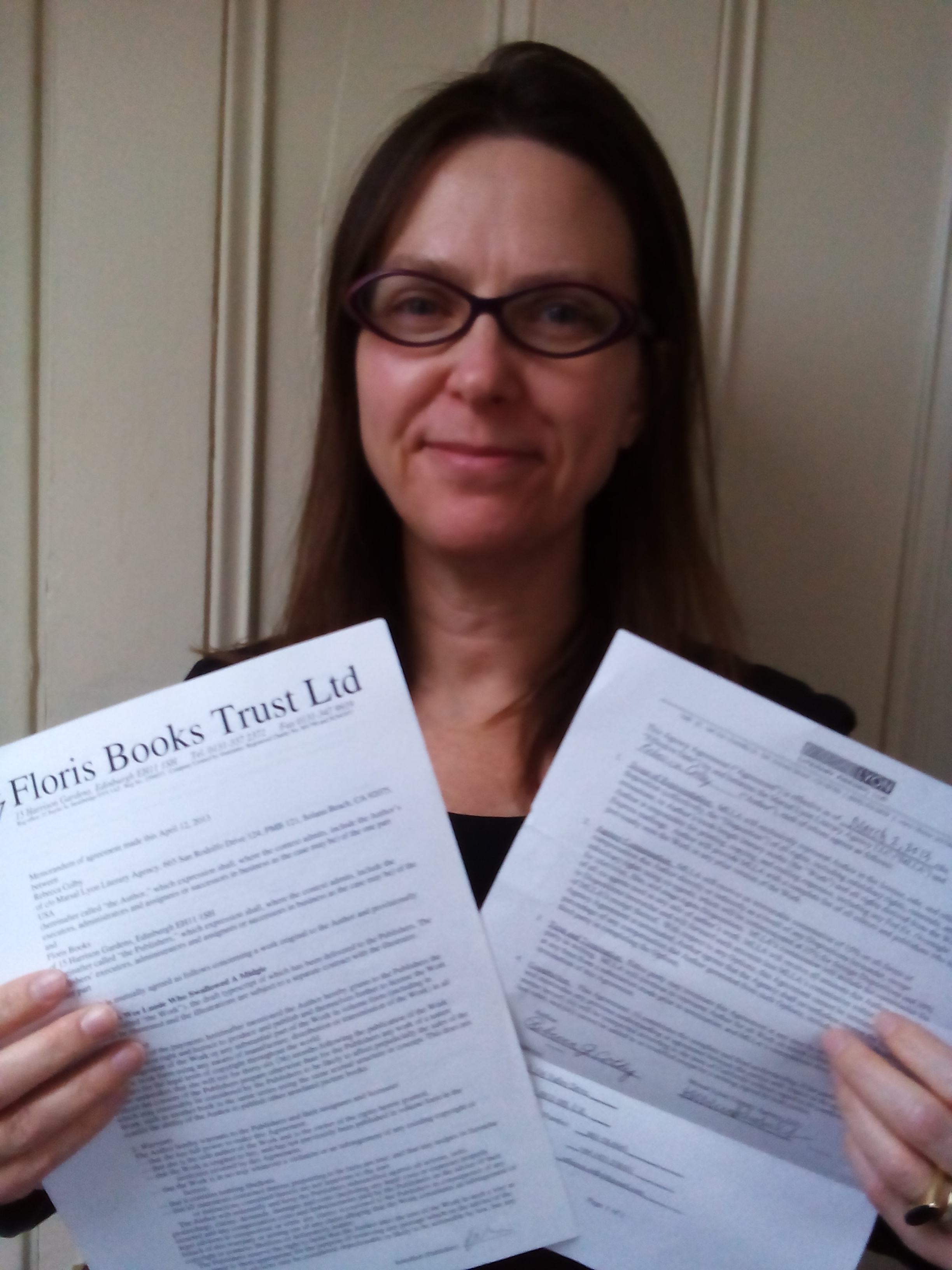Well, that’s easy. Your manuscript, right?
Not necessarily. By way of answering that question, I want to share a story with you about my experience writing query letters. The excerpt below was taken from a blog post I wrote on writing query letters for the Sub It Club in 2014. You can read the full post here.
In 2013, I wrote two query letters that “worked.” By that I mean that the first one landed me an agent, and the second one got me a publishing contract.
Some might argue that it wasn’t the query letters that sold my work. Perhaps my writing was finally up to par. Or my timing was good and I put just the right manuscripts in front of the right people at the right time. Or any number of different reasons that have nothing to do with my query letters.
And I wouldn’t deny that any or all of these things may have played a contributing part, but I also know that if I hadn’t written a good query letter, that the agent and editor wouldn’t have taken the time to read my work.
Why? Because half my story was in the query letter.
That’s right. The query letter tells an agent or editor just as much about your work as your manuscript does—sometimes more.
For example, is your manuscript the correct length for the age group you’ve written it for? Have you researched this agent or editor to know if they will be a good fit for your work? Can you sum up your work in one sentence? What’s your “voice” like? Are you someone who is easy to work with?
And the list goes on.
However, I didn’t always feel this way. It took me the better part of seven years of writing and submitting picture books to realize how vital a good query letter is to a submission. I was stubborn and unprepared to spend more time on my query letters than my manuscript.
But then I won a free critique. Yippee! Someone else was going to cast a helpful eye over my work—except it wasn’t a free critique of a manuscript, it was a free critique of a query letter. That’s when the ball dropped. It finally dawned on me that I should be prepared to spend as much time on my query letter as my manuscript–if not more.
From that point on, I got serious about query letter writing.
I went back through my files and looked at my old query letters. They were absolutely cringe-worthy. With few exceptions, my early letters opened like this: “Dear Submissions Editor”. I couldn’t even be bothered to find out the name of the editor in charge of acquiring picture books.
Another early letter started with this paragraph: “Please find enclosed three picture book manuscripts. The first two manuscripts were written with a series in mind. I have enclosed a CD with illustrations by a local artist to accompany the third manuscript.”
What was I thinking by enclosing illustrations with my picture book manuscript? And what made me believe suggesting a series before I’d even made a sale was a good idea? Worse still, I hadn’t even tried to make a personal connection. I knew nothing about the editor and her interests and my query letter clearly indicated that fact. My letter also clearly indicated the fact that I was still very much a beginner. Yes, my query told that editor everything she needed to know about me and my work.
Over time, my queries changed more and more, while continuing to tell editors and agents the other half of my story.
“She sounds cold and impersonal…”
“She hasn’t studied the other books on our list…”
And the biggie—“She’s not prepared to invest enough time in her query letter…”
Once I truly saw how much of my story these letters were telling—not to mention how much I didn’t like the story they were telling—I changed tack and got serious about sprucing up my query letters. What would I want to read if the tables were turned?
My queries still didn’t “work” right away, but they were getting attention. An agent would write a personal note. An editor would invite me to send another manuscript. I knew they finally liked the other half of the story I was sharing with them.
Less than a year later, I landed both an agent and a publishing contract. So if you ask me which is more important, I would say they’re equally important. A well-written manuscript is vital, HOWEVER, even the best manuscript in the world may go unnoticed if the agent or editor you’re submitting it to doesn’t like the story your query letter is telling.
What does a good query letter look like? Here’s a list of my suggestions of what to include:
-address your letter to an actual person rather than generically to The Submissions Editor
-an opening paragraph that further personalizes the letter and tells the person you’re writing to specifically why you’ve chosen to submit to him or her
-a picture book synopsis that is a succinct three sentences
-your word count (and make sure it’s the appropriate length for the type of book you’ve written)
-a paragraph about yourself, your credits, and any professional organizations you belong to (mentioning SCBWI on a query letter goes a long way in establishing your credibility even if you don’t yet have any writing credits)
-always, always, always thank the person you’re writing to for their time and consideration of your work
As an example, you can view one of my successful query letters on the Sub It Club blog post mentioned above, alongside a breakdown of the story it told this agent.
If you have any questions about query letters, I’ll try my best to answer them in the comments below. Also, if anyone wants a professional critique of their query letter, see my critique services page for more information.
I wish you all the best with submitting and I hope your next query letter is one that “works!”






Thanks for this great reminder to make every line count in a query letter.
Thanks for reading and commenting, Marcia!
Great advice, Rebecca!
Thanks, Yvonne!
Thank you for this post, it’s valuable reading, as simple as it sounds it makes absolute sense. Lyn